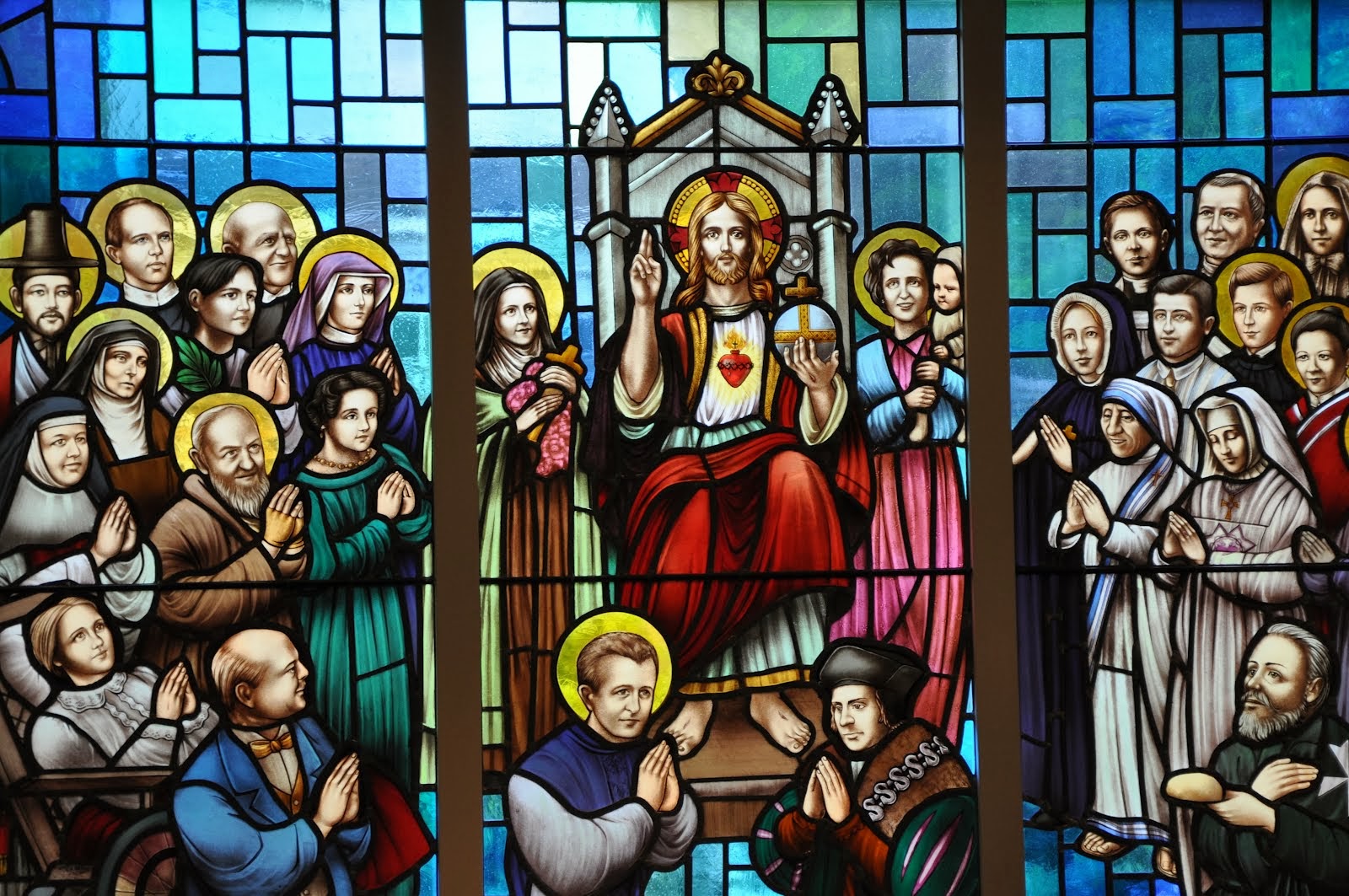
“If you hope for mercy, show mercy. If you look for kindness, show kindness. If you want to receive, give. If you ask for yourself what you deny to others, your asking is a mockery.” St. Peter Chrysologus (5th century, Doctor of the Church)
“We can be excused for not being always cheerful, for cheerfulness is not ours to summon up at will. But we have no excuse for not being always kindly, accessible, courteous; that is always within the scope of our will power. All we need to do is make up our minds to rise above our mood, our tendency to do the opposite.” St. Francis de Sales (16-17th centuries, Doctor of the Church)
“We must above all show charity to our enemies. ‘Do good to those that hate you’. By this you may know that a man is a true Christian, if he seeks to do good to those who wish him evil.” St. Alphonsus Liguori (17th-18th centuries, Doctor of the Church)
“Here I am in the midst of my dear lepers. They are hideous to look at but they have souls redeemed at the price of the blood of our Savior.” St. Damien de Veuster (19th century)
“A word or a smile is often enough to put fresh life in a despondent soul.” St. Therese of Lisieux (19th century, Doctor of the Church)
“We ought to respect the image of God in everyone. It is there.” St. Raphaela Mary (19th-20th centuries)
“We are to love our neighbor not because he is sympathetic, useful, rich, influential or even grateful. Such motives are entirely too base and unworthy of a Knight of the Immaculata. True love rises above creation and is steeped in God. In Him and for Him and through Him such love of neighbor embraces all, the good and the bad, friends and enemies. Such love extends its arms in loving embrace and prays for all, suffers for all, wishes well to all, and desires the happiness of all – because God wills it!” St. Maximilian Kolbe (19th-20th centuries)
“The children of God care about all souls, because every soul is important.” St. Josemaria Escriva (19th-20th centuries)
“There is not much need of wearing hair shirts for sanctity, because there are enough people around us who take the place of hair shirts.” Ven. Fulton Sheen (19th-20th centuries)
“There are various ways of loving people. We can love someone because he is generous, because his parties and his gifts give us pleasure; we can love a person because he is lovable and pleasant to be with; or we can love someone for God’s sake, seeing him as either a potential or an actual child of God. Love proceeding from either of the first two motives is not supernatural Charity; for Charity always has as its motive: Propter Deum (for the sake of God).” Ven. Fulton Sheen
“Once I surrender the tinsel to have the jewel, then I enter into the mystery of love. I see that I do not love anyone unless he has some goodness in him, or is lovable in some way. But, I see also that God did not love me because I am lovable. I became lovable because God poured some of His goodness and love into me. I then began to apply this charity to my neighbor. If I do not find him lovable, I have to put love into him as God puts love into me, and thereby I provoke the response of love. Now, my personality is restored and I make the great discovery that no one is happy until he loves both God and neighbor.” Ven. Fulton Sheen
“We must be the compassionate ‘neighbor’ of those in need, not only when it is emotionally rewarding or convenient, but also when it is demanding and inconvenient.” Pope St. John Paul II (20th-21st centuries)
“The person who does not decide to love forever will find it very difficult to really love for even one day.” Pope St. John Paul II
